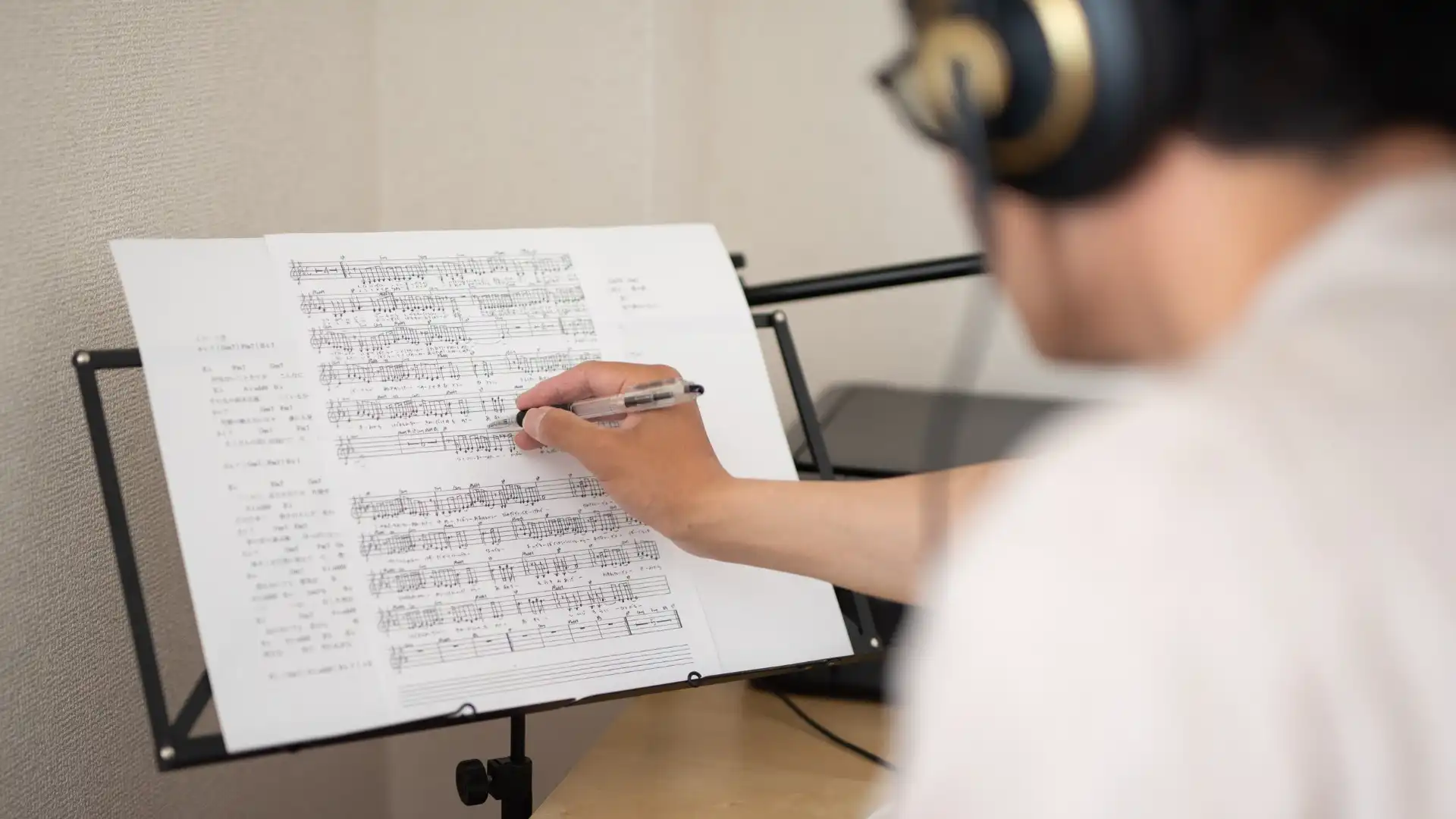Education and Training
While formal education is not always required to become a TV sound mixer, it is highly recommended to have a degree in audio engineering or a related field. A degree program will provide you with a solid foundation in sound design, music production, and audio engineering techniques.
New York University (NYU) offers a comprehensive program in sound design for TV and film through the Tisch School of the Arts. The program covers all aspects of sound design, including recording, editing, mixing, and sound effects creation. The program is highly respected in the industry and provides students with hands-on experience working on real TV and film projects.
In addition to a degree, it’s also important to gain practical experience in the field. This can be done through internships, apprenticeships, or entry-level positions in the television industry. Many sound mixers start as production assistants or sound assistants and work their way up the ladder.
Skills and Qualities
To be a successful TV sound mixer, you must possess a unique set of skills and qualities. First and foremost, you must have a keen ear for detail and be able to distinguish between different sounds and frequencies. You must also have a good sense of timing and be able to mix different audio elements to create a cohesive and immersive sound experience.
In addition to technical skills, you must also possess excellent communication and collaboration skills. You will be working closely with directors, producers, and other members of the production team, so it’s important to be able to communicate your ideas effectively and work collaboratively to achieve a common goal.
Job Outlook and Salary Expectations
According to the Bureau of Labor Statistics, employment of sound engineering technicians (which includes TV sound mixers) is projected to grow 3 percent from 2019 to 2029, which is about as fast as the average for all occupations. The demand for sound engineers is expected to increase as more TV shows are produced and distributed through streaming services.
The median annual wage for sound engineering technicians was $53,390 in May 2020. The highest 10 percent earned more than $96,940, while the lowest 10 percent earned less than $24,780.
Key Takeaways
If you’re interested in pursuing a career as a TV sound mixer, here are some key takeaways to keep in mind:
- A degree in audio engineering or a related field is highly recommended.
- Gain practical experience through internships, apprenticeships, or entry-level positions in the television industry.
- Possess a keen ear for detail, a good sense of timing, and excellent communication and collaboration skills.
- The job outlook for sound engineering technicians is projected to grow 3 percent from 2019 to 2029.
- The median annual wage for sound engineering technicians was $53,390 in May 2020.
To further your education and gain practical experience in the TV and film industry, consider taking the NYU Film and TV Industry Essentials online course and certificate program. This program offers comprehensive training in all aspects of TV and film production, including sound design and audio engineering. With this program, you’ll gain the knowledge and skills necessary to succeed as a TV sound mixer and take your career to the next level.








